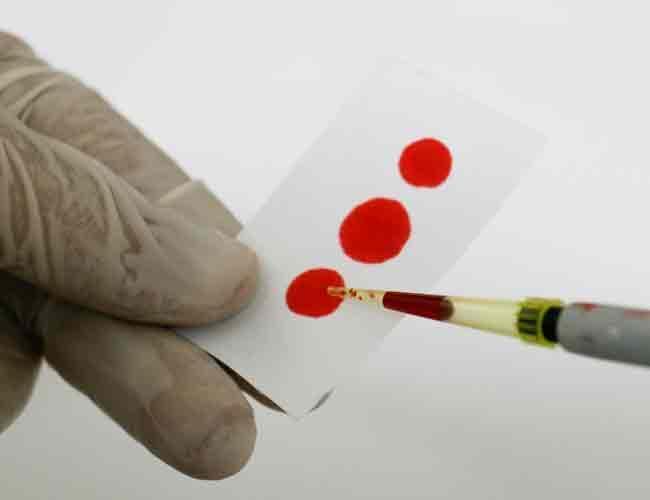
Viral hepatitis B and C kill hundreds of thousands of people worldwide every year and hepatitis ranks as the second major killer infectious disease despite being preventable, treatable or even curable, but most people are completely unaware they are infected.
As global communities mark July 28 as World Hepatitis Day, the World Health Organization (WHO) and many other hepatitis-related organizations and non-governmental organizations aim to create global awareness about the deadly
infectious disease and influence policymakers.
According to WHO data, viral hepatitis B and C - also known as “silent killers” - have affected 325 million people and claim up to 1.34 million lives per year. But despite the seemingly dire situation, hepatitis can be prevented, diagnosed and treated.
The hepatitis B vaccine is effective in preventing new infections with a success rate of 98%-100%. As for hepatitis C, with new methods, people can be cured within a couple of months thanks to direct-acting antiviral (DAA) drug treatment.
The WHO's 2019 World Hepatitis Day campaign uses the theme "Invest in eliminating hepatitis" to call on states and governments to shine a spotlight on hepatitis and provide funding to battle the disease.
A new WHO study has found that investing $6 billion per year in eliminating hepatitis in 67 low- and middle-income countries would avert 4.5 million premature deaths by 2030 and more than 26 million deaths beyond that date.
But the WHO's call has so far not been answered as only $500 million was spared in 2016 and was collected through domestic financing.
According to the WHO, out of the 325 million people infected with hepatitis, some 290 million are not even aware of the deadly disease in their blood.
The World Hepatitis Alliance, a patient-driven global organization, draws attention to those who are unaware of their condition through its campaign “Find the Missing Millions”.
According to the president of the alliance, Michael Ninburg, nine out of ten hepatitis sufferers are in the dark about their situation. This knowledge deficiency plays a dangerous role in their lives as they might unknowingly transmit the disease to others or contract cirrhosis of the liver or liver cancer in the coming years.
The campaign argues that hepatitis-related diseases should be prioritized in the global agenda and health bodies should act now before the situation worsens.
The Find the Missing Millions campaign is in line with WHO commitments as it seeks to diagnose 90% of hepatitis sufferers by 2030.
Can Özgür, an internal diseases specialist, told Anadolu Agency that unprotected sex, the sharing of personal belongings or medical items such as syringes and using public toilets could pose serious threats to people in terms of catching hepatitis.
“Hepatitis B and C are transmitted by blood, which means it could even be transmitted from a mother to her (unborn) infant,” Ozgur said, stressing there was nothing to be "ashamed of" in terms of being diagnosed with a virus like hepatitis.
“Getting vaccinated and seeing a doctor on a regular basis are important for everyone. One must bear in mind that most liver-related health issues and cancers are the results of this virus, and patients must act quickly,” he said.
He added that the relevant medicines have recently become less expensive but urged global pharmaceutical companies to further reduce their costs as those living in low-income countries might not be able to get treated.
Hepatitis B and C kill more people annually than HIV/AIDS, malaria and tuberculosis, and two out of three liver cancer deaths worldwide are the result of the hepatitis virus, according to WHO figures.
There are multiple causes of hepatitis, varying from ingestion of contaminated food or water, receiving contaminated blood or blood products, using contaminated medical treatment equipment, sexual contact and injection with infected syringes.
The major symptoms of hepatitis are yellowing of the skin and eyes, dark urine, extreme fatigue, nausea, vomiting and abdominal pain.
July 28 marks the birthday of Nobel Prize-winning scientist Dr. Baruch Blumberg, who discovered the hepatitis B virus and developed a diagnostic test and vaccine against it.
Events for World Hepatitis Day will be held in Islamabad, Pakistan this year from July 27-28.